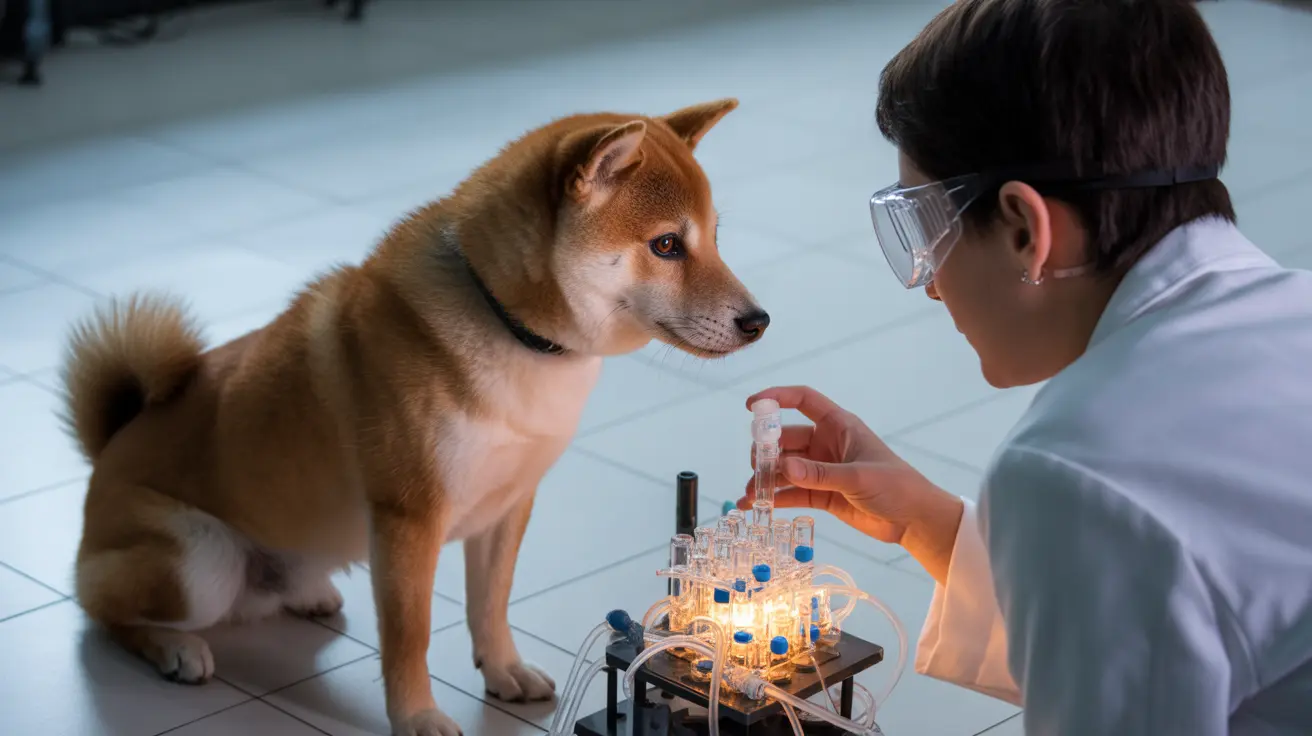The Cost of Dog Cloning Explained
The current cost to clone a dog in the United States is approximately $50,000. This fee is typically split into two payments: an initial deposit of $25,000 and the remaining balance due upon successful cloning. However, the total investment often extends beyond the base price.
Additional expenses to consider include:
- Initial genetic preservation fee ($1,750 in the US)
- Veterinary costs for tissue collection
- Shipping and handling of biological samples
- Applicable sales tax
- Post-birth veterinary care
Understanding the Cloning Process
Dog cloning utilizes Somatic Cell Nuclear Transfer (SCNT), a sophisticated scientific procedure that involves several critical steps:
Collection and Preservation
- Harvesting living cells from your dog (usually skin tissue)
- Proper preservation of genetic material
- Time-sensitive process (ideally within 24 hours of death)
Laboratory Procedures
- Obtaining egg cells from donor dogs
- Removing the donor egg's genetic material
- Inserting your dog's DNA into the prepared egg
- Stimulating cell division to create an embryo
Surrogate and Birth
- Selecting and preparing surrogate mothers
- Embryo implantation
- Pregnancy monitoring
- Planned C-section delivery in most cases
Success Rates and Efficiency
The success rate for dog cloning has improved over the years but remains relatively low. Current statistics show:
- 2-30% success rate per embryo implanted
- Multiple surrogate mothers typically required
- Dozens to hundreds of embryos may be needed
- Several attempts often necessary for successful birth
Health and Identity Considerations
While cloned dogs are genetic matches to their donors, several important factors influence their development:
- Physical appearance may vary slightly
- Personality differences are common
- Environmental factors play a significant role
- Overall health and lifespan generally comparable to non-cloned dogs
Frequently Asked Questions
How much does it cost to clone a dog, and what payment options are available?
The cost is approximately $50,000, typically split into two $25,000 payments. Most providers require an initial deposit and final payment upon successful cloning. Some facilities may offer financing options, but this varies by provider.
What is the step-by-step process involved in cloning a dog using somatic cell nuclear transfer?
The process involves collecting genetic material from your dog, preserving it properly, preparing donor eggs, transferring nuclear material, creating embryos, and implanting them in surrogate mothers. The entire process can take several months from start to finish.
How successful is dog cloning, and what factors affect the cloning success rate?
Success rates range from 2-30% per embryo, depending on various factors including laboratory conditions, tissue quality, and surrogate health. Multiple attempts and several surrogate mothers are usually required for successful cloning.
Are cloned dogs identical in health, lifespan, and temperament to the original pet?
While cloned dogs share identical DNA with the donor, they may display variations in appearance and personality due to environmental factors and epigenetics. Health and lifespan are generally comparable to non-cloned dogs.
What ethical and animal welfare concerns should I consider before cloning my dog?
Key considerations include the use of multiple surrogate mothers, low success rates leading to failed pregnancies, and debates about whether cloning truly recreates your beloved pet. Animal welfare organizations often raise concerns about the impact on surrogate dogs and egg donors.
Conclusion
While dog cloning offers a unique opportunity to preserve your pet's genetic legacy, it requires significant financial investment and careful consideration of ethical implications. The $50,000 price tag, combined with additional costs and complex procedures, makes this option accessible to only a small percentage of pet owners. Before pursuing cloning, carefully weigh all aspects, including financial, ethical, and emotional factors.






